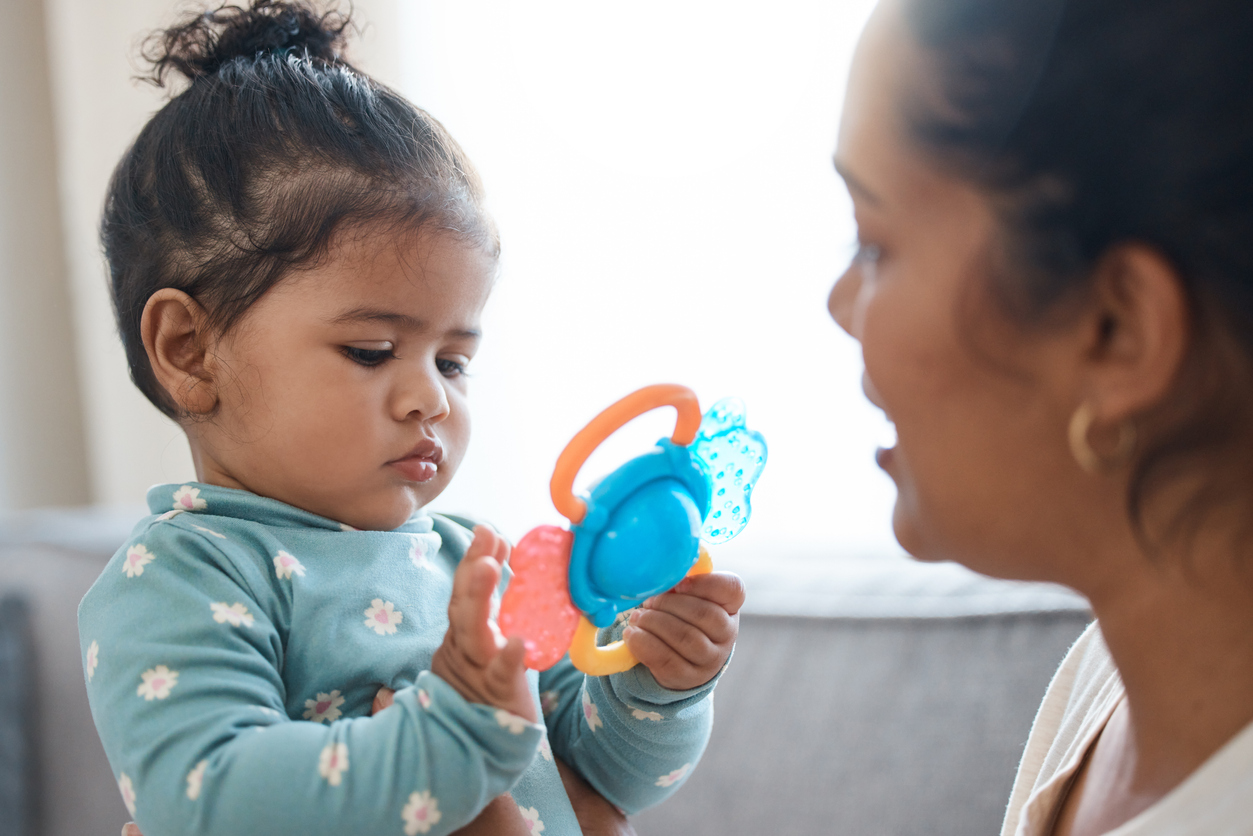
Autism Spectrum Disorder (ASD) is a complex developmental disorder that impacts individuals in various ways. It affects communication, behavior, and social interaction. Early diagnosis and intervention are essential for achieving the best possible outcomes for children with autism. Thankfully, there are early signs of autism in babies and toddlers that can be detected.
The Importance of Detecting Early Signs of Autism
Detecting early signs of autism is vital for several reasons. Early intervention ABA therapy allows parents, caregivers, and healthcare professionals to initiate services and therapies at a critical phase, which can significantly improve a child’s developmental trajectory. Early intervention can help children with autism acquire essential skills, improve communication, and reduce challenging behaviors, thereby enhancing their overall quality of life.
Early Signs of Autism in Infants
As infants embark on their journey of growth and discovery, it’s during these tender months that certain early signs of autism may begin to surface, including:
- Lack of Eye Contact: One of the earliest signs of autism can be a lack of eye contact. Typically, infants make eye contact with their caregivers as a way to connect and engage with them. However, babies who later receive an autism diagnosis may avoid eye contact or exhibit limited interest in gazing into their caregivers’ eyes.
- Delayed Social Smiles: Around the age of two months, most infants start smiling in response to social interactions and stimuli. Some babies with autism, though, may exhibit a delay in their social smile, making this delay an important early sign to consider.
- Limited Social Responsiveness: Infants with autism may appear less responsive to social cues, such as their names being called or attempts from caregivers to initiate playful interactions. They might seem less interested in engaging socially, which can be a potential red flag for parents and healthcare providers.
Early Signs of Autism in Babies
For babies, the signs of autism might initially appear as subtle deviations from typical developmental milestones. Early signs of autism in babies include:
- Communication Difficulties: Babies later diagnosed with autism might exhibit delayed or limited babbling. Babbling is an essential early communication skill, and its absence or delay can be a cause for concern. Additionally, they may have difficulty responding to their caregivers’ vocalizations or have a limited range of vocal responses themselves.
- Repetitive Behaviors: Repetitive behaviors are often observed in babies with autism. These behaviors can manifest as rocking back and forth, hand-flapping, or engaging in other repetitive movements or activities. Recognizing these behaviors early can aid in early detection and intervention.
- Lack of Interest in Toys or Play: Another early sign can be a lack of interest in toys or limited engagement in pretend play. Babies with autism may not show as much enthusiasm for toys or imaginative games as their typically developing peers.
Early Signs of Autism in Toddlers
As children transition from infancy to toddlerhood, their development continues to unfold, and for some, this period may reveal early signs of autism. Toddlers are beginning to engage more actively with the world around them, and during this stage, subtle variations in social interaction, communication, and behavior can manifest. Early signs of autism in toddlers include:
- Communication Challenges: Toddlers with autism may exhibit delays in language development. They might have a limited vocabulary, struggle with verbal communication or experience difficulty using non-verbal communication, such as gestures and facial expressions. Some may have trouble understanding and using language to convey their needs and emotions.
- Social Interaction Difficulties: Children with autism might experience significant challenges in their social interactions. They may struggle to engage with peers, have difficulty making friends, and exhibit limited interest in social activities or group play. Social cues and conventions that come naturally to other children may be elusive for them.
- Intense Interests: Some toddlers with autism develop intense interests in specific topics, objects, or activities. These interests can often become all-consuming, and the child may focus on them to the exclusion of other activities. This intense focus can sometimes lead to difficulties in adapting to new situations and environments.
Child-Led ABA Therapy at Wellspring Learning Centers
If you have a child who has been diagnosed with autism or if you suspect that your child might be exhibiting early signs of autism, don’t wait – act now. Wellspring Learning Centers offers a specialized and highly effective approach to autism therapy known as child-led ABA therapy services in Nashville. Contact us today to discover how our ABA therapy in Nashville can make a difference in your child’s life.